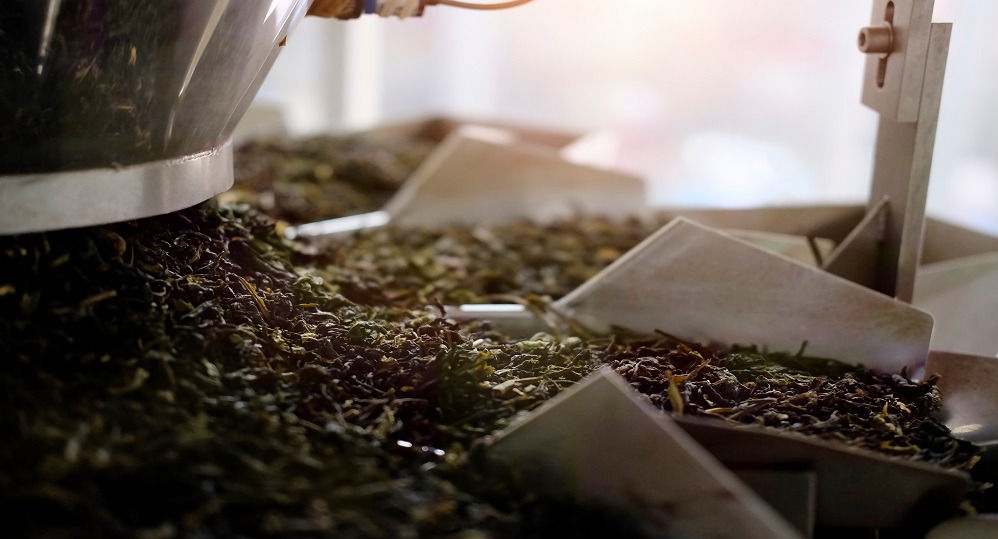Eco-Friendly and Biodegradable Materials from Upcycled Tea Waste

KEY INFORMATION
Waste Management & Recycling - Food & Agriculture Waste Management
TECHNOLOGY OVERVIEW
Tea is one of the most widely consumed beverages globally, and its production generates significant volumes of waste, including spent tea leaves. Like most organic agricultural waste, tea waste often ends up in landfills or incineration, contributing to greenhouse gas emissions and environmental degradation. This technology has been developed to address the pressing challenge of agricultural waste disposal and the environmental impact of non-biodegradable materials through a patented process that upcycles tea waste into biodegradable alternatives.
By utilizing advanced plant extraction and biosynthesis techniques, this technology transforms agricultural waste into versatile materials that serve as eco-friendly substitutes for traditional timber and plastics. The resulting materials are not only durable but also fully biodegradable, offering a sustainable solution for industries such as fast-moving consumer goods (FMCG) packaging, construction materials, and furniture production. This innovation contributes to a circular economy by reducing waste at the source and encouraging the use of renewable resources.
The technology owner is interested to work with companies in the packaging and furniture sectors on joint R&D projects to develop new products using these biodegradable materials, ultimately reducing the environmental footprint of these industries.
TECHNOLOGY FEATURES & SPECIFICATIONS
The technology uses a unique, patented process involving advanced plant extraction and biosynthesis to transform tea waste into biodegradable green materials. The materials produced through this process are 100% biodegradable, breaking down naturally over time without leaving behind harmful residues, making them ideal for environmentally conscious industries.
Some features of these green materials include:
- Highly durable and versatile
- Environmentally sustainable alternative to plastics and timber
- Customisable and scalable
- FDA-approved for products requiring direct food contact
- Available as fibers, pellets and boards
POTENTIAL APPLICATIONS
Potential applications of this green material include (but not limited to):
- Packaging for FMCG sector
- Hotel amenities
- Electronic product casing
- Construction (non-structural)
- Furniture
Unique Value Proposition
- Fully biodegradable and sustainable, offering a green alternative to non-renewable, petroleum-based plastics and timber products
- Versatile across multiple industries, providing adopters with the opportunity to replace traditional materials in several applications while maintaining performance and durability
- Scalable and customisable to meet specific material requirements for different industries, enabling broad adoption and tailored applications
